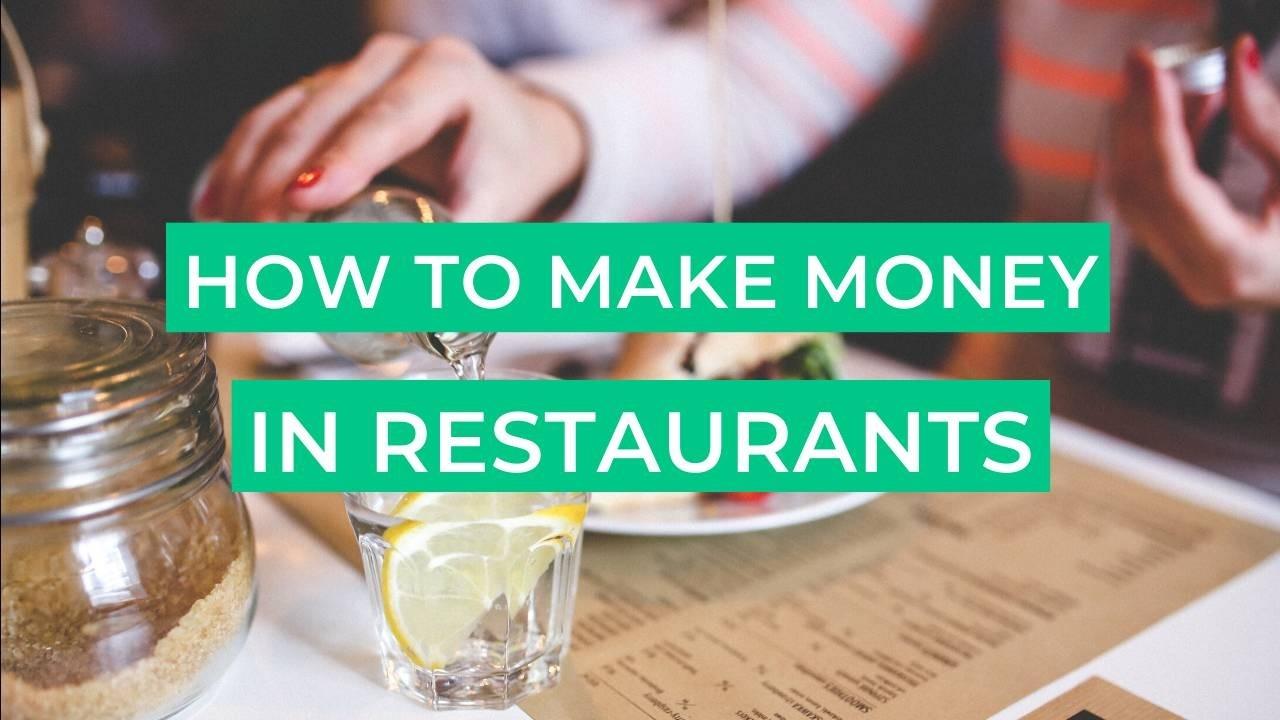How to Make Money in the Restaurant Business

If you're running a restaurant business, you more than likely didn’t open up your restaurant to be a charity. And if you're like most restaurant owners, making money is tough. I have some ideas to help you make money in the restaurant business. Watch this video, or continue reading below, for three tips to make money in the restaurant business.
About Making Money in the Restaurant Business
It all comes down to understanding your numbers. Look, that which you measure improves. That’s what it comes down to. You must know your numbers to be able to see progress and regression. I came up with three tips to focus on the question of how to make money in the restaurant business.
Number one: it starts with a budget. Restaurant owners hate this word. It's a dirty word in the restaurant business. But it's how you make money! The budget you need is not the thing that you put together when you went to ask for money to open the first time. We all went to the bank and said, "please give me money, please, please, please," and here’s what I think I’m going to do, and it collects dust. A year later you look at it and go, "what was I thinking?" That’s not a budget. The budget sets your targets for every single month and you measure on a routine basis. You take our P&L and measure right up against it.
This brings me to number two: have timely and accurate P&L statements. Now, this means you have to take control of your chart of accounts. You don’t have a CPA tell you what your chart of accounts should be. Now, if they’re restaurant specialized, they should suggest a chart of accounts, but I’ll too often I see things like Uber Eats as a sales category. That’s a payment method? I’ll see things like food cost, and then I see something called liquor cost, and that has bottled beer, craft beer, wine, liquor. Liquor isn't a category by itself. You need to split those things up. I see things like front-of-house labor, back-of-house labor, salaried labor, hourly wages. I need that broken up by position, and then every line item I go down, if I looked at your P&L, and I said, "What goes in this number?" and you say, "I don’t know, I have to call my accountant," that is a shitty chart of accounts. You have to tell your accountant what that chart of accounts looks like and split everything up so that you can have accurate numbers. Then you need to provide that data to your CPA, your accountant, your bookkeeper, whatever you use on a monthly basis. Give them those numbers as fast as possible so they can get the numbers back to you within five days after they received them. Because when you have accurate and timely P&Ls and a budget, you can see where you hit or miss, and you can adjust.
That brings us down to the third piece: when you put the budget and P&L side by side, and you want to make an adjustment, that is your budget variance report. When you see where you hit or miss, you can make adjustments through the next 11 months, next 10 months, the next 9 months, to make sure you make up the money you may have lost or not earned that you were expecting. Then I want you thinking about weekly budget variance reports for your prime cost, cost of goods sold, and labor costs. That way, if you're off in one week, you can work with your management team to make adjustments that week. You can make small adjustments to make the money back. That which we measure improves. If you want to make more money in your restaurant business, you must understand your numbers. That’s a budget, accurate and timely P&Ls, and budget variances.
If you would like to learn more about the importance of systems and how to run a restaurant, read our free special report, Is Your Food Distributor Screwing You? 5 Things You Can Do Now to Lower Food Cost. Download it here. Be sure to visit my YouTube channel for more helpful restaurant management video tips.




